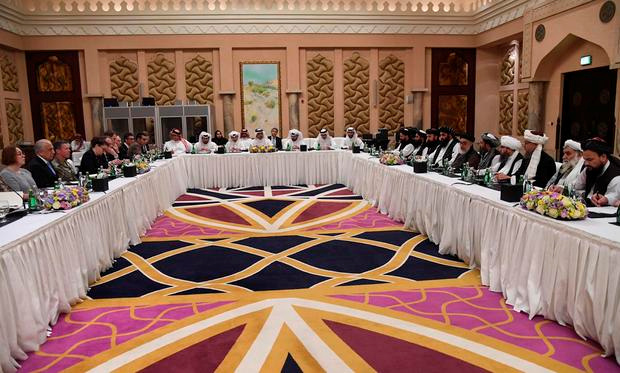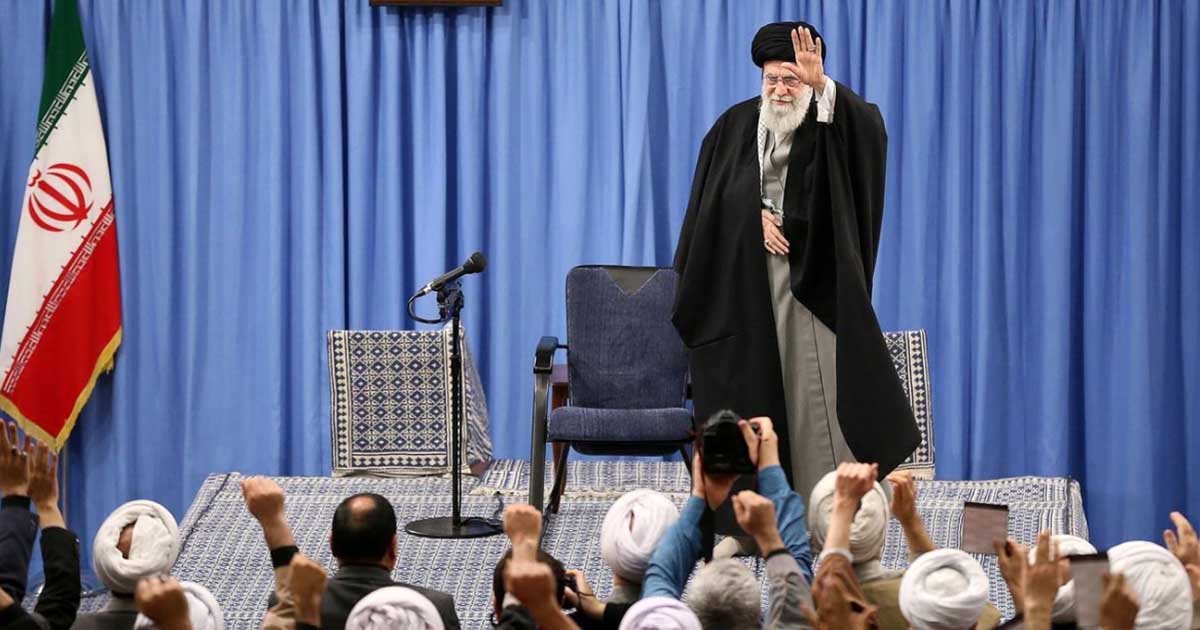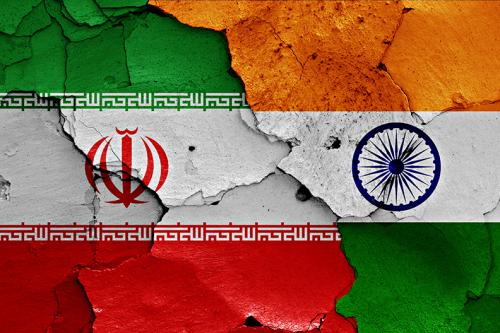News Analysis |
Afghan Taliban have turned downed the possibility of their participation in the next round of talks with the United States of America, set to take place in Saudi Arabia next month. The group has demanded that venue for the dialogue process should be shifted to Qatar where they have a headquarter since 2013.
Also, any hopes of Afghan government getting a seat at the table has also been categorically brushed down by the group stating that the Kabul government has no legitimacy or right which would make it a stakeholder.
Qari Yousuf Ahmadi, a Taliban spokesman, said in a statement they killed 34 members of the security forces and pro-government militias and seized many weapons and ammunition.
“Everyone is aware of the fact that the Afghan government wanted the US and its allies not to leave Afghanistan and we have paid a heavy price to expel all foreign forces from our country,” a senior Taliban commander said. “Why should we talk to the Afghan government?”
Why Qatar Instead of Saudi Arabia?
Taliban have always enjoyed the support from the Saudis, if not from the state but certainly on an individual level from members of the Royal family. Even today, some reports suggest that a part of the revenue which the group generates, needed to keep the fight against the mighty United States going, comes from Saudi Arabia and the United Arab Emirates.
The Kingdom of Saudi Arabia officially acknowledges the west backed Kabul government; however, individual support from the ranks of Royal family mostly garners from the holy prophecies regarding End of Times battles initiating from this part of the world.
Read more: Is US-Taliban dialogue a possibility?
In recent times, typically after Trump assumed the Oval office and Prince Mohammed Bin Salman was nominated as the Crown Prince of Saudi Arabia, Riyadh has further come under the influence of Washington. Afghan Taliban have grown tired of constant smothering pressure coming from Saudi Arabia and the United Arab Emirates to accept the current Afghan government as the party to the process.
“The problem is that leaders of Saudi Arabia and the United Arab Emirates [UAE] wanted us to definitely meet the Afghan government delegation, which we cannot afford to do now, and we have canceled the meeting in Saudi Arabia,” a senior Taliban member explained on the condition of anonymity.
The Afghan-born U.S diplomat and special envoy Zalmay Khalilzad was set to meet the leaders of Afghan Taliban in Saudi Arabia to further discuss the withdrawal of foreign troops and ceasefire in Afghanistan.
It is quite understandable that the United States is trying to make use of all resources at its disposal to make sure that $1 trillion dollars spent on the war simply do not go to drain if Taliban are reinstated at the position they were back in 2001. Otherwise, from an American perspective, it would all go back to square one where Afghanistan once again is the favorable terrain for insurgents to exploit the anti-America sentiments.
Violence Continues in Afghanistan
The U.S plan of coming to terms with Afghan Taliban by the end of this year seems not to be on track as in the latest stint of violence, 21 Afghan security personnel are killed as the result of a Taliban ambush on security posts in western Afghanistan. Qari Yousuf Ahmadi, a Taliban spokesman, said in a statement they killed 34 members of the security forces and pro-government militias and seized many weapons and ammunition. In another event, 5 civilians are killed when an installed bomb, purportedly by Taliban, exploded in the province of Paktika.
The Afghan-born U.S diplomat and special envoy Zalmay Khalilzad was set to meet the leaders of Afghan Taliban in Saudi Arabia to further discuss the withdrawal of foreign troops and ceasefire in Afghanistan. But apparently, the choice of venue and increased pressure to accept the legitimacy of the Afghan government are new stalemates to the process.
Read more: Afghanistan sends team to join Taliban peace talks in UAE
Given the strategic upper hand which Afghan Taliban have in the current security paradigm of Afghanistan, excessive pressure is only going to make the matter worse. Therefore, on part of U.S, it is more important to proceed with caution as desperation to end the war centers around more in the American establishment spheres.














